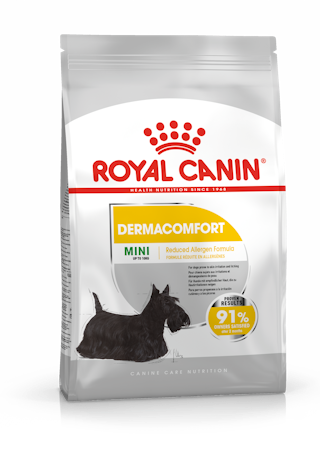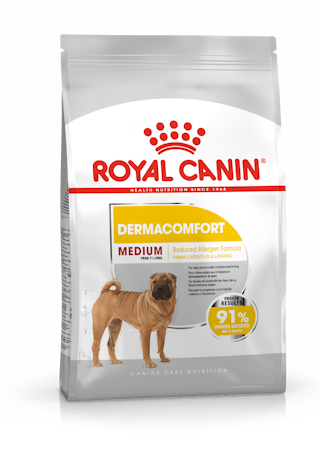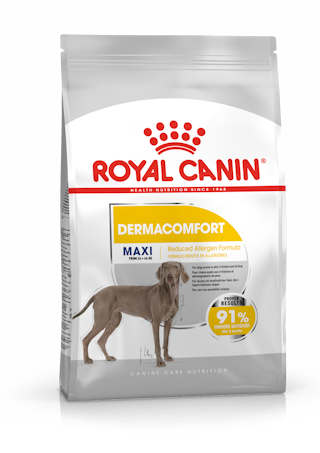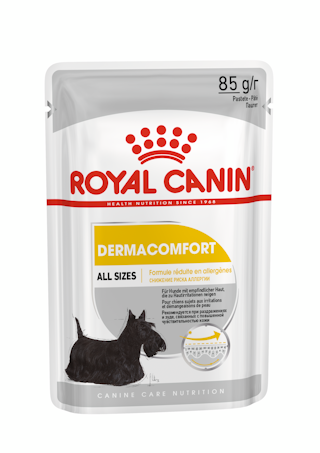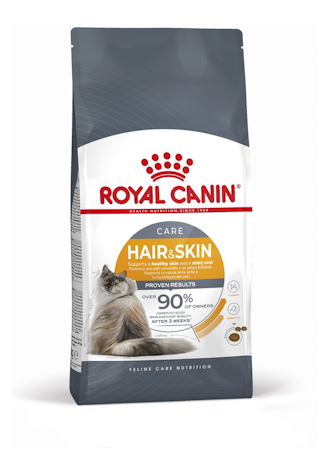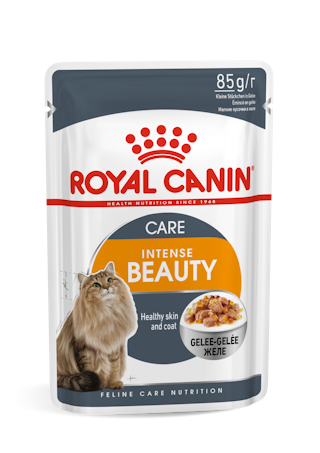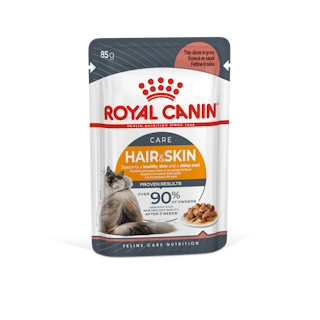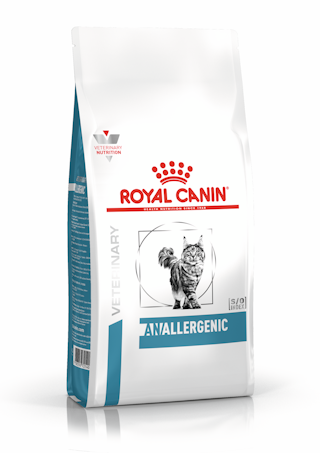Through this article you can learn:
In recent years, there has been a trend toward grain-free foods for cats and dogs, claiming that diets containing no grains such as rice or wheat can effectively lower the risk of food allergies. Is that really true?
The fact that grain-free diets get so popular among pet owners mainly due to the concerns about “grains may possibly trigger food allergies”. In other words, instead of providing better nutrition values, grain-free diets become so favourable only because people are worried that grains might threaten the health of their pets, which is not exactly the case. The U.S. Food and Drug Administration (FDA) has already said that grains do not cause any health problems.
Myth 1: Grains can trigger allergies
Food allergy happens when the immune system considers protein as a harmful substance and gives out wrong signals, it then causes adverse food reaction. This reaction may lead to itchiness, secondary infection or gastrointestinal issues such as diarrhea.
Pet owners believe that grains such as wheat, oats or barley contain gluten, and that their bran could possibly triggers Gluten Intolerance. This gives an opportunity to grain-free diets for pets, where they emphasize diets that are made with recipes containing no cereal grains.
In fact, American Veterinary Medical Association (AVMA) has pointed out that, 85% of the allergens come from animal protein, while only 15% of the allergens come from protein of other foods. Therefore, the reasons behind food allergies are not solely about grains, but the source of protein and pet’s health condition.
Myth 2: Grains is just for filling, it has poor nutrition value
When we select diets for our pets, nutrition value always comes first. Carbohydrates, fats and protein are the 3 most essential macronutrients for animals. While grains provides good amount of carbohydrates, it is also rich in Fibers, which help to enhance animal’s intestinal health.
The processed grains can also provide cats and dogs not only energy but also with plentiful digestible nutrition such as Vitamin E, B Vitamins and Linoleic acid.
Moreover, studies show that grain-free diets sometimes replace grains with food ingredients such as peas, sweet potatoes and tapioca, which are also a source for carbohydrates to animals.
 |
The content of grains is an excellent source of calories, protein, fiber, vitamins and minerals.- Dr. Mina Hamilton |
Myth 3: Grains is hard to digest
Besides looking into the nutrition values, to figure out whether the diets can provide your pet with a complete and balanced diet, it is more important to consider whether the nutrients could easily be digested and absorbed.
An ingredient that is highly digestible for pets can provide a much higher proportion of nutrients. According to vet Dr. Mina Hamilton, after removing the less digestible outer shell of the grains, it can provide the nutritious content that cats and dogs need.
Royal Canin research center extended the research and found that, after grinding and cooking process, some plant proteins can be more digestible than animal ones. While the absorption rate of mutton powder is 88%, wheat gluten powder reaches up to 99%.
 |
It is important to consider the digestibility of grains, highly digestible ingredients allows better absorption of nutrients.- Dr. Mina Hamilton |
Vet Dr. Mina Hamilton added that, since cats and dogs have a long history living with humans, their diets and eating habits are very different compare to their ancestors. Recent research also finds that, actually dogs are totally capable of digesting carbohydrates. She reminds that pet owners should acknowledge the nutrition values of different food ingredients in order to provide a complete and balanced diet for pets.
Recommendation: Royal Canin provides the right nutritional balance for cats and dogs
Royal Canin has spent over 50 years researching the nutritional needs of cats and dogs. Our researches find that when grains is properly processed, it could provide plenty of nutrients and energy for pets.
A diversify and healthy diet is best for our furry friends, besides meat, also consider carbohydrates such as grains, wheat and corn. The important point is ensuring that your pet receives a balanced and precise blend of over 40 key nutrients to support their ongoing health and wellbeing.


